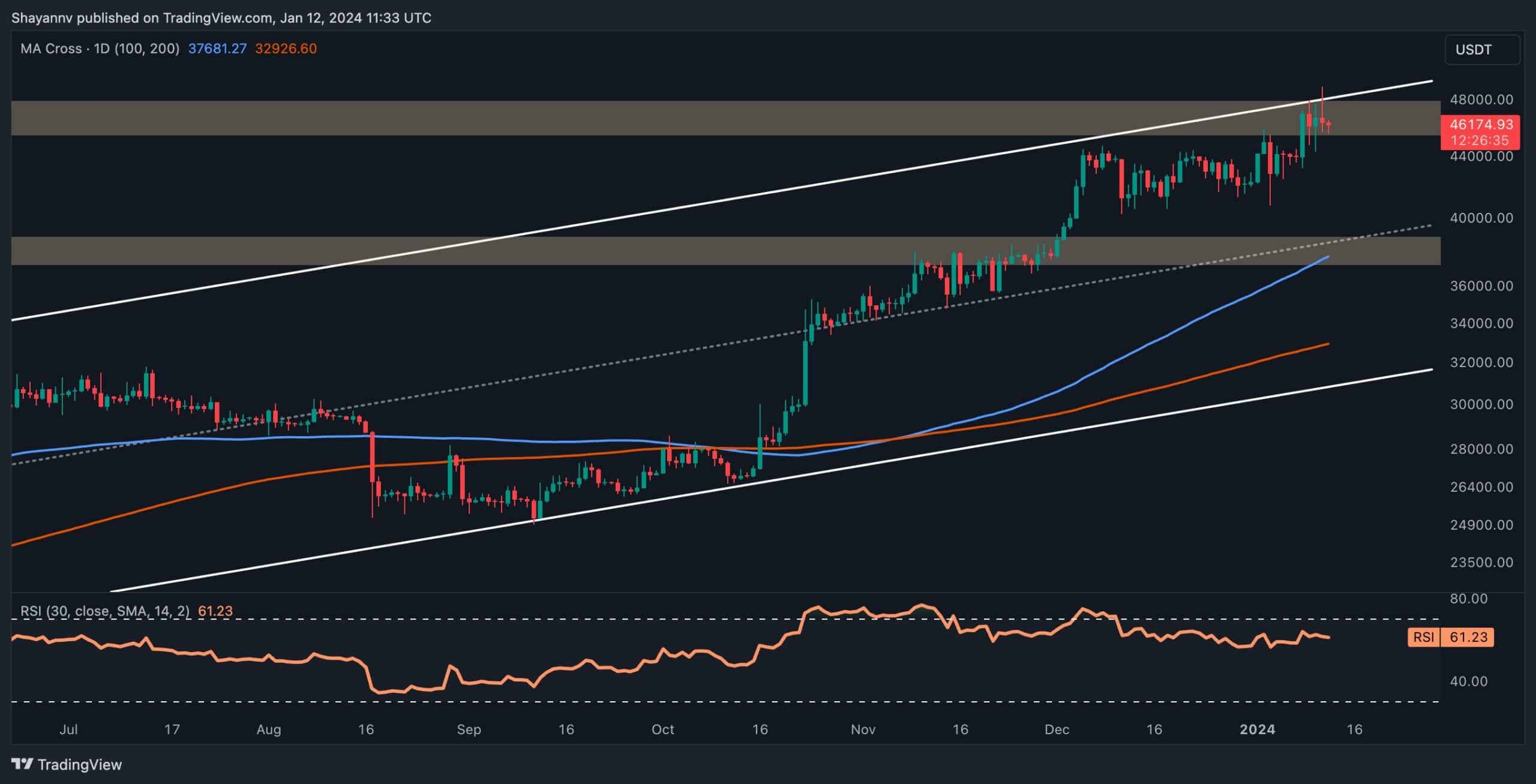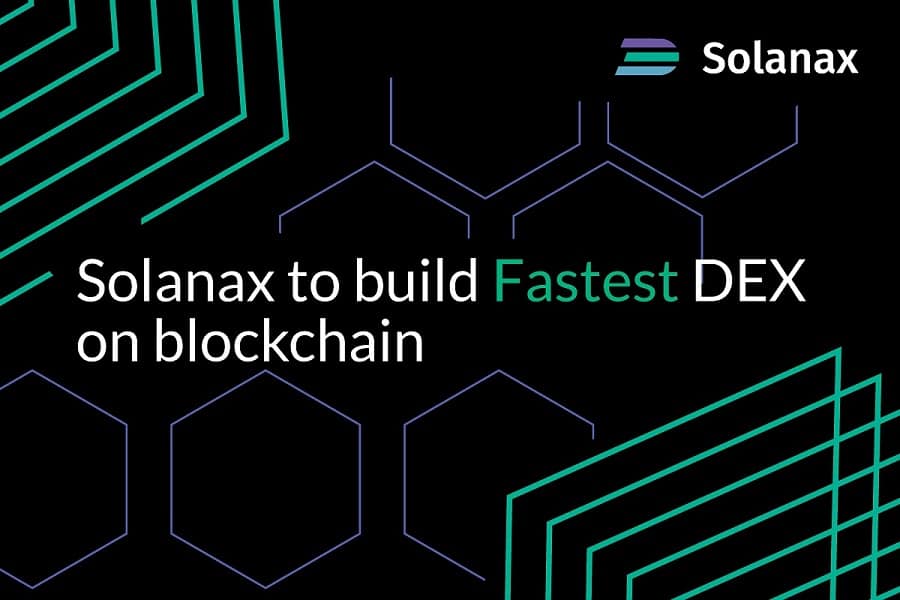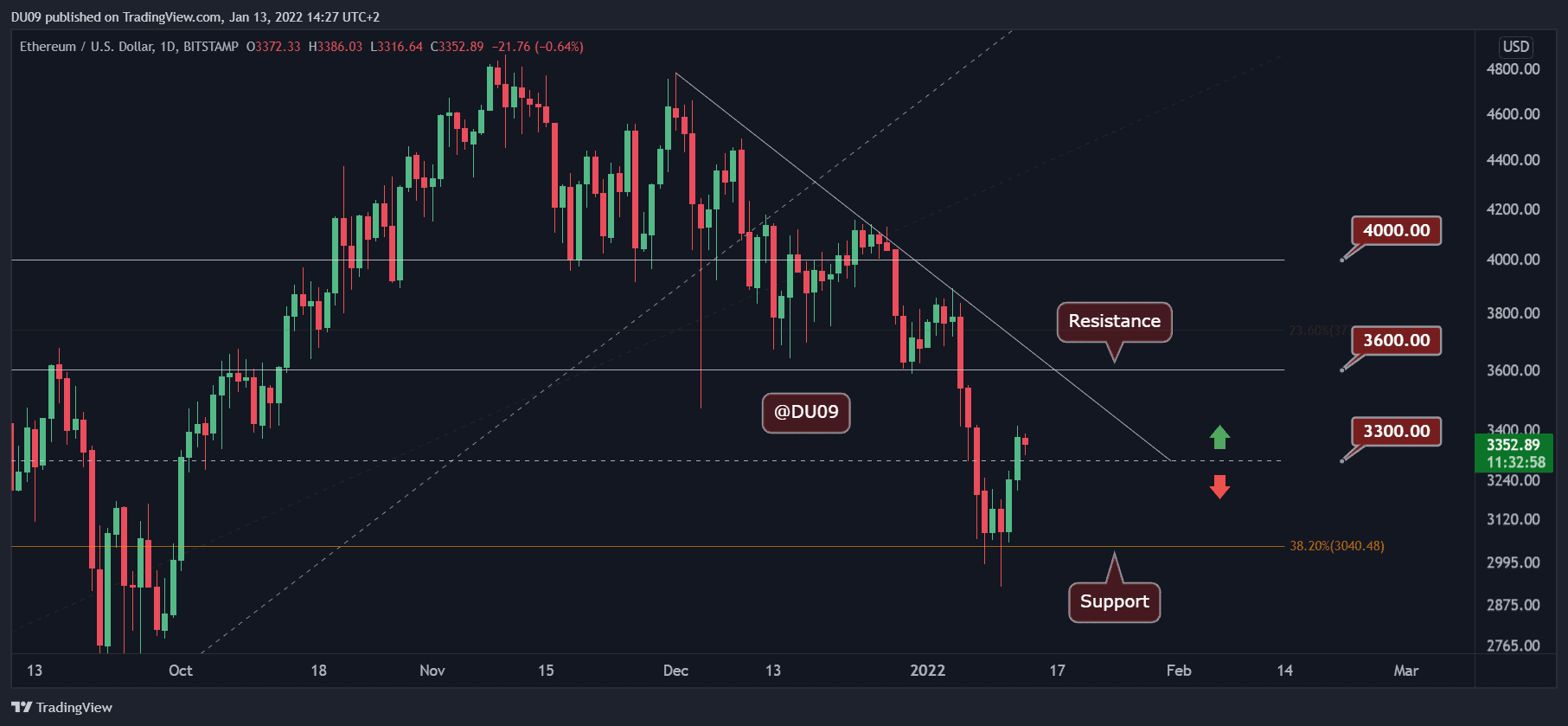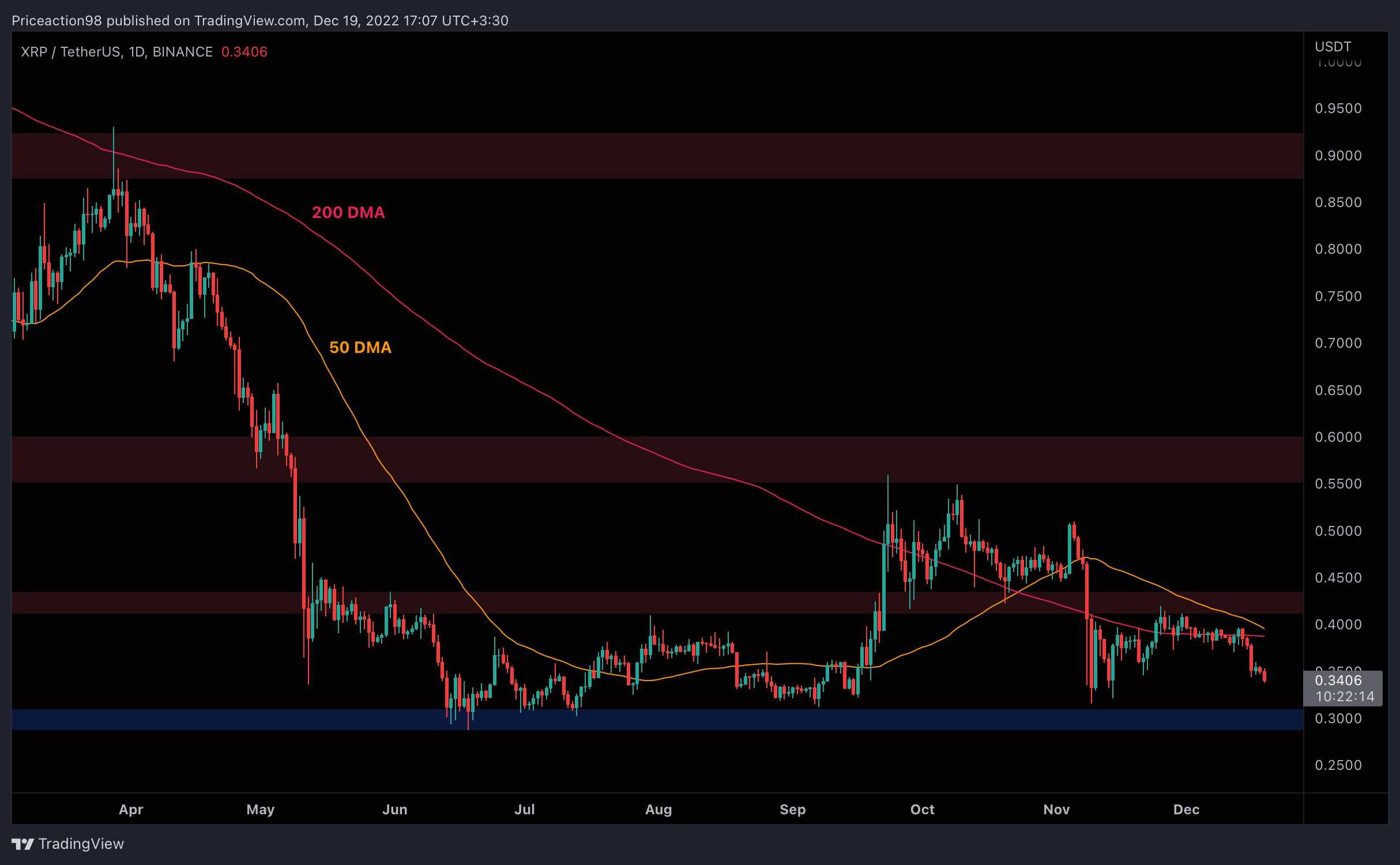Transaction Fees on Bitcoin and Ethereum Drop to Multi-Month Lows
After consecutive months of exceptionally high transaction fees, the costs on the Ethereum and Bitcoin blockchain networks have dropped to multi-month lows. This came after the latest massive price crash and recovery attempts.
Bitcoin and Ethereum Fees Calm
The Ethereum network became synonymous with high fees following the substantial boost in popularity of decentralized finance, non-fungible tokens, and other operations running on top of it.
As previously reported, the average fees users had to pay for transacting ERC-20 tokens on ETH had skyrocketed to nearly $70. While this number was exceptionally high on its own, some users reported even three and four-digit costs on rare occasions.
However, the trend has reversed in the past few weeks. Data from Bitinfocharts shows that the average transaction costs on Ethereum have declined to about $5.9 in terms of dollar value (or 0.0023 ETH). This is actually the lowest level since mid-January this year.

Something similar transpired on the Bitcoin network as well. Back in mid-April, the average costs went for a new all-time high of over $60. However, they have calmed as well in recent weeks and are now down to just over $7 (or 0.0002 BTC).
In Bitcoin’s case, the current average level is the lowest since late January 2021.

Are Lower Prices to Blame Only?
It’s worth noting that both networks saw the highest transaction costs in terms of USD amid the underlying assets’ surge to all-time highs. For Ethereum, it came as ether skyrocketed to $4,400 in May, while for Bitcoin was shortly after BTC peaked at $65,000 in April.
As such, the subsequent market correction that drove bitcoin to a three-month low of $30,000 and ETH to below $1,700 could be the primary reason behind the aforementioned fee declines.
The situation with Ethereum’s network seems somewhat more intriguing as it’s significantly more frequently employed than that of Bitcoin. The Foundation behind it is working on transitioning the blockchain from the current proof of work consensus algorithm to proof of stake, which should, in theory, accelerate transaction speeds and lower the fees even more.
Until that migration is complete, though, developers have more possible solutions in mind. Those include multiple blockchains aiming to work as layer-2 systems and the upcoming EIP-1559. However, a recent report argued that EIP-1559 wouldn’t work as expected, and only layer-2 solutions can help until ETH 2.0 arrives.









